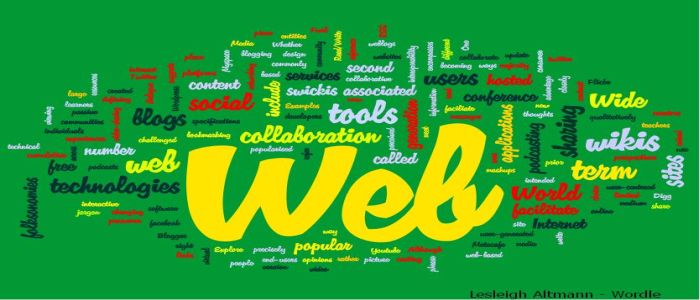How cool are ebooks and audio books. I can certainly see a spot for them in my life right now! I recently purchased a Kindle and have downloaded about 2 dozen Amazon books for me to select to read on the flight to Singapore at the end of the year. My choices have included Fiction (thrillers, forensic, mysteries) and few Non Fiction books (how to use Kindle, photography, Web2 tools, ict in the classroom). I started out with some ‘free’ $0 books that were moderately helpful as a starting guide but soon found some ‘free’ texts were tasters to draw you in to purchasing the real deal.
This week I am playing with the notion of converting and uploading my own pics /docs into Kindle friendly formats from my desktop using the Kindle emailing system and also the Stanza desktop to convert files for Kindle. Still baby steps on that one – a holiday treat I think!
My Kindle gives me an alternative dimension for reading but it won’t replace my love of library books. Buying a microwave certainly did not make my cooking obsolete! I just love the way eBooks are ordered on line and almost instantly delivered electronically to my device. I did a bit of a search around and found that some Kindle latest released titles were a few dollars less than purchasing hardcopies from a book store. This may not always be the case of course. My husband loves that fact he can enlarge the text and use a digital bookmark too. I find this out when I locate my Kindle!
Some of my friends and colleagues are bit suspicious and see audio books and ebooks as a way to replace novels – but I have to explain to that a Kindle is not a book; it is a library of books that can hold up to 1500 digital books. But you do have to step to the ‘other side’ to see what suspicions evolve out of current thinking. So I went searching for some negative feedback regarding Kindle and stumbled into this clip. Someone from Atom.com had a very warped sense of humour when they created this movie called “Kindle 9XXXD”. Well - I thought it was funny!
Audio books have played an important role in our lives. Our youngest son, born with serious arm deformities, loved his audio books throughout his childhood and numerous hospital trips. He would find it hard to prop up the book and turn the pages for his own book experiences and so pushing the 'play' button gave him that independence. Similarly, my late parents found a new way of enjoying 'reading' when I introduced them to the audio section of their local library. They told me once that they would drive up to the headland with a coffee and sit back to enjoy the view with the car's tape deck drawing them into an old favorite novel.


